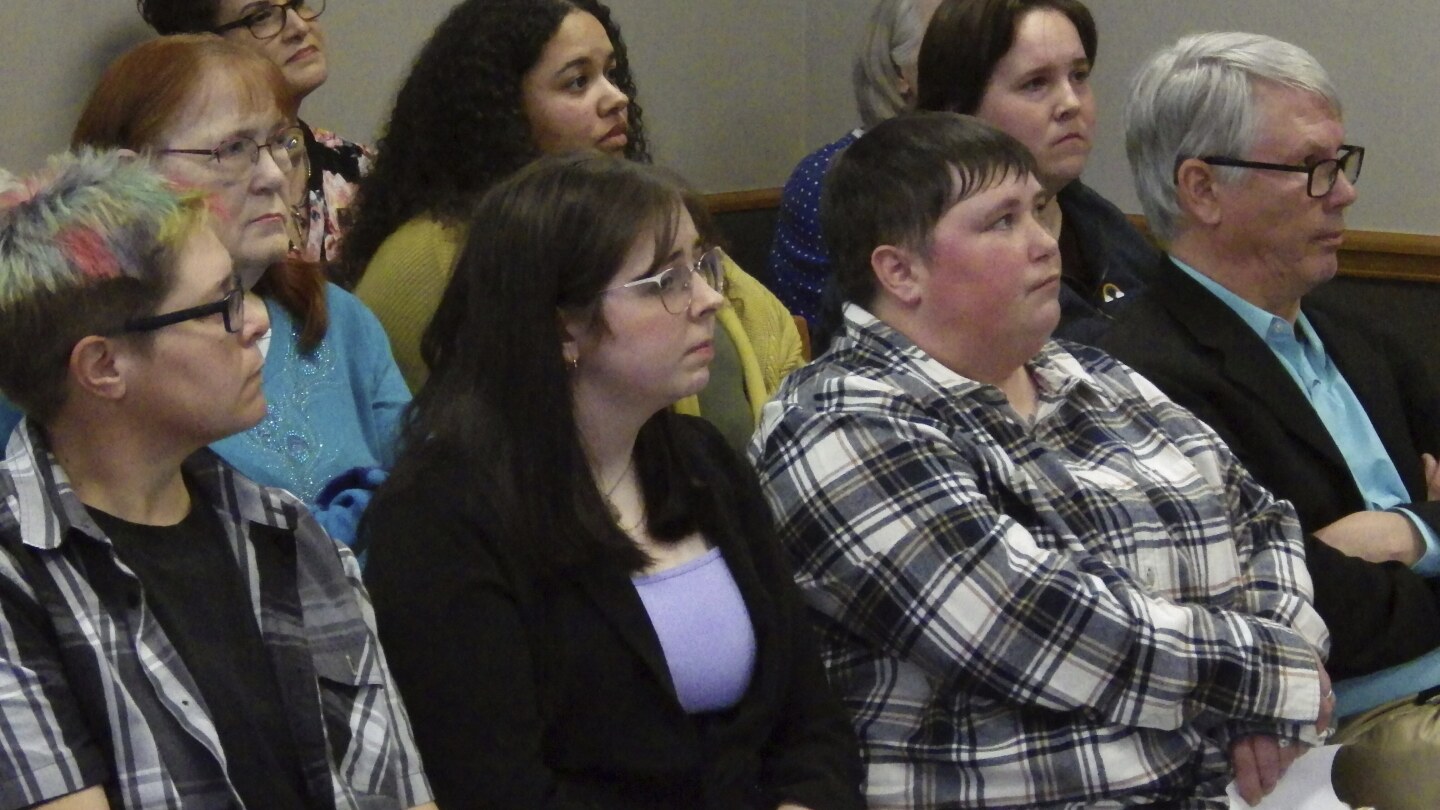In what could become a groundbreaking move, North Dakota is on the cusp of potentially urging the U.S. Supreme Court to revisit its decision that legalized same-sex marriage across the nation nearly a decade ago. While this effort would not have a direct impact on the Supreme Court’s rulings, it symbolizes a significant stance taken by some state legislators.
Earlier this year, North Dakota’s Republican-majority House passed a resolution challenging the 2015 Supreme Court decision, but it still awaits approval from the Senate. The resolution’s sponsor, Republican Rep. Bill Tveit, argues that the original ruling contradicts the Tenth Amendment and state laws. “The original Supreme Court ruling in 2015 went totally against the Tenth Amendment, went totally against the North Dakota Constitution and North Dakota Century Code (state laws),” Tveit stated.
For individuals like Laura Balliet, a local attorney and member of the North Dakota National Guard, the resolution is a source of dismay. Balliet, who married her wife in 2020, expressed her feelings of alienation. “I don’t know what this resolution does other than to tell people like myself, my friends and my family that we’re not welcome here, and I’m angry about that because I want to be welcome here. This is my home,” she shared during a Senate panel hearing.
A Wider Movement Across States
The resolution in North Dakota is part of a broader push by Massachusetts-based group MassResistance, known for its advocacy against LGBTQ+ rights. Efforts similar to North Dakota’s have been introduced in a few other states this year. However, according to an analysis by the bill-tracking service Plural, these measures have seen little progress outside Idaho and North Dakota.
Meanwhile, other states have moved towards strengthening protections for same-sex marriage. Since 2020, several states, including California and Colorado, have repealed past constitutional amendments limiting marriage to opposite-sex couples. Additionally, a federal law in 2022 further solidified these protections.
Varied Perspectives
The North Dakota resolution challenges the Supreme Court’s Obergefell v. Hodges decision, advocating for traditional definitions of marriage. In a broader judicial context, Justice Clarence Thomas suggested reconsidering precedents in marriage equality cases following the court’s abortion ruling in 2022.
Some North Dakota lawmakers expressed regret over their initial support for the resolution. Republican Rep. Matt Ruby mentioned his vote was based on a misunderstanding, and he supports same-sex marriage rights. Conversely, Rep. Dwight Kiefert’s vote was influenced by his Christian beliefs.
Impact on North Dakota’s Future
Opponents argue the resolution could harm the state’s image and economic growth. Democratic Sen. Ryan Braunberger, who is gay, voiced concerns about its impact on attracting diverse populations. The measure’s religious undertones could also conflict with the U.S. Constitution’s Establishment Clause, as noted by Cody Schuler from the ACLU’s North Dakota chapter. “Marriage defined as ‘one man, one woman’ is a particular religious view. It is not held by all religions, all societies or by nonreligious people,” Schuler emphasized.






